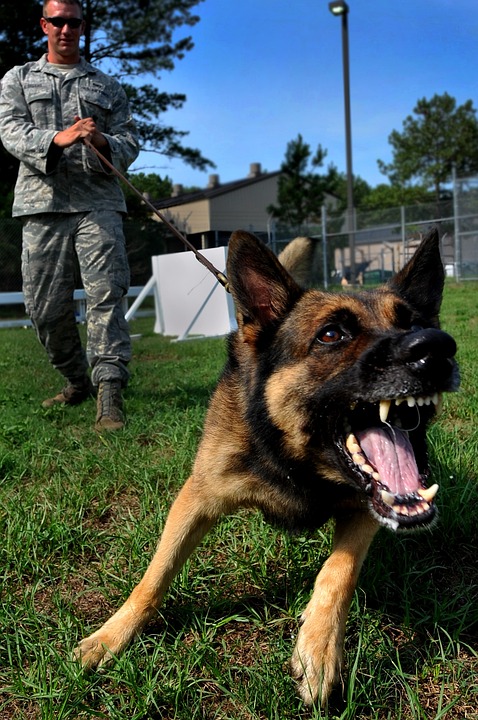Abstract: The dog makes its actual entrance into the Hebrew Bible in Parashat Bo when Moses informs the Pharaoh about the imminent Tenth plague that would devastate ‘’all the land of Egypt’’ and bring about ‘’a loud cry in’’ every Egyptian household.
![Picture: The dog's role in the Exodus and its rewards... Image free to use at CC BY 2.0 level, uploaded by PDPics to Pixabay]](https://www.xn--7dbl2a.com/wp-content/uploads/2021/10/הכלב-נובח.png)
[For articles on the “Sabbath of B0" in Hebrew, click here]

Rabbi Dr. Yossi Feintuch was born in Afula and holds a Ph.D. in American history from Emory University in Atlanta. He taught American history at Ben-Gurion University.
Author of the book US Policy on Jerusalem.
He is the rabbi of Congregation Shalom Bayit in Bend, Oregon.
* * *
The dog makes its actual entrance into the Hebrew Bible in Parashat Bo when Moses informs the Pharaoh about the imminent Tenth plague that would devastate ‘’all the land of Egypt’’ and bring about ‘’a loud cry in’’ every Egyptian household. That very night as the hosts of Hebrew slaves begin their Exodus not even one dog would ‘’snarl at any of the Israelites, against man or animal’’ (Exodus 11:7), despite the dog’s habitual pattern to howl at evening time, especially given the uncanny commotion in every Egyptian house when its first born died.
![Picture: The dog's role in the Exodus and its rewards... Image free to use at CC BY 2.0 level, uploaded by Clker-Free-Vector-Images to FIXABAY]](https://www.xn--7dbl2a.com/wp-content/uploads/2019/02/הכלבים-הכחולים.png)

The Talmudic Rabbi Nathan says that the Egyptians had also sought to thwart a future Israelite exodus by positioning barking dogs at Joseph’s royal entombment (for the Israelites had sworn to Joseph that they would bring his mummy for reinterment in the land of Israel; without it they would not leave Egypt). On the night of the Exodus Moses went to exhume Joseph’s bones without any of those dogs barking at him.
This episode demonstrates that many Egyptians kept dogs in their yard for guarding, or at the least that dogs were permitted to roam at will close to the people. Egypt’s dogs enjoyed an unmistakably great status as a companion for humans, or a pet in the royal palace and among the wealthy, or as a highly valued working animal in livestock communities, where it especially helped in herding and guarding.
By keeping quiet Egypt’s dogs assisted in facilitating a smoother exodus of the Israelites, consequently enabling them to reach the Torah-giving scene at Mount Sinai at the fastest track as Mekhilta D’Rashbi notes. Not long after the Exodus the Israelites who left Egypt with ‘’very much’’ livestock animals – in anticipation of their settling the Promised Land -- were told how to dispose of livestock ‘’flesh that is torn to pieces in the field – [that] you are not to eat [after it was mauled and mangled by a predator]; to the dogs you are to throw it’’ (Ex. 22:30).

This is to be done – as the traditional commentaries have it -- as a symbolical reward for the dogs in Egypt who held their tongues from barking and allowed the Israelites to exit Egypt without a barrage of howling at them -- indeed, the Israelites ‘’went out with a high hand’’, not as absconders in the middle of the night. Rashi maintains that in rewarding dogs with such torn flesh, God would not deprive a deserving creature of its due reward; all for the sake of gratitude to the dogs on the night of the Exodus. But we can also deduce from such a reward that Israelite shepherds in the Promised Land would keep sheepdogs with them; it was the only such animal that could alert humans by barking in the face of danger.
The Talmud pays its own tributes to the dog as a paragon of dedication and faithfulness, who is entitled to be fed by its master. The scholarly prominent Rabbi Eliezer even compared his wholesome learning from his masters to a dog that licks water to his fill, taking small gulps till quenching fully its thirst while doing so all along eagerly and excitedly.
![Picture: The dog's role in the Exodus and its rewards… Image free to use at CC BY 2.0 level, uploaded by Ralphs_Fotos to FIXABAY]](https://www.xn--7dbl2a.com/wp-content/uploads/2021/12/כלב-ואדוניו-בן-חסות.jpg)
[For articles on the “Sabbath of B0" in Hebrew, click here]
מצאת טעות בכתבה? הבחנת בהפרה של זכויות יוצרים? נתקלת בדבר מה שאיננו ראוי? אנא, דווח לנו!


